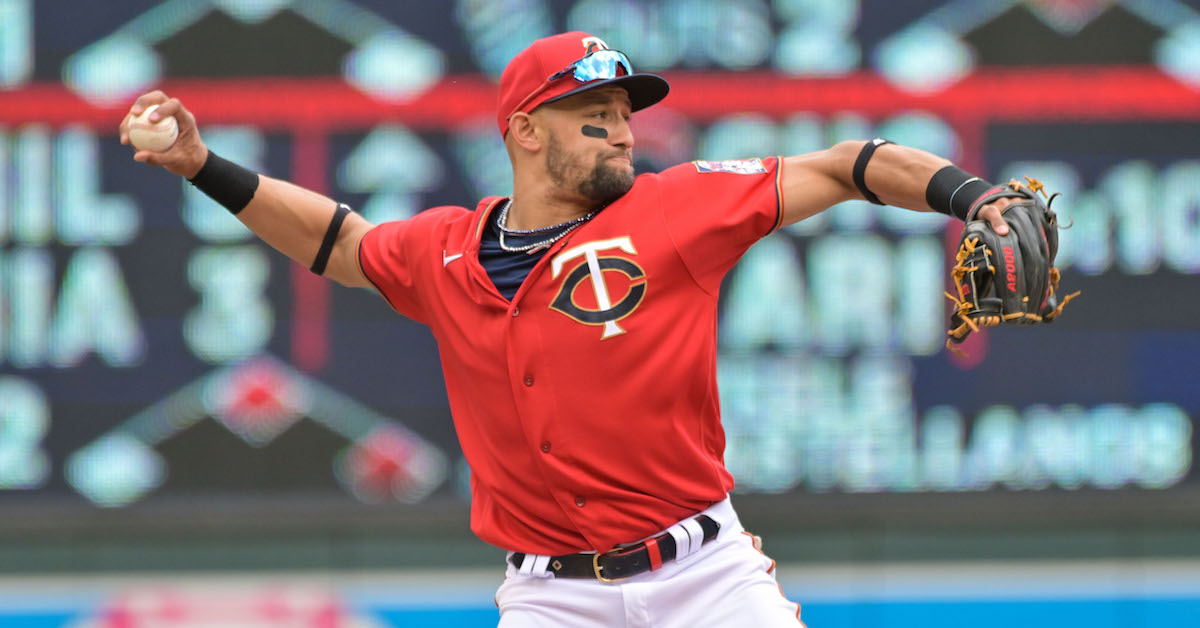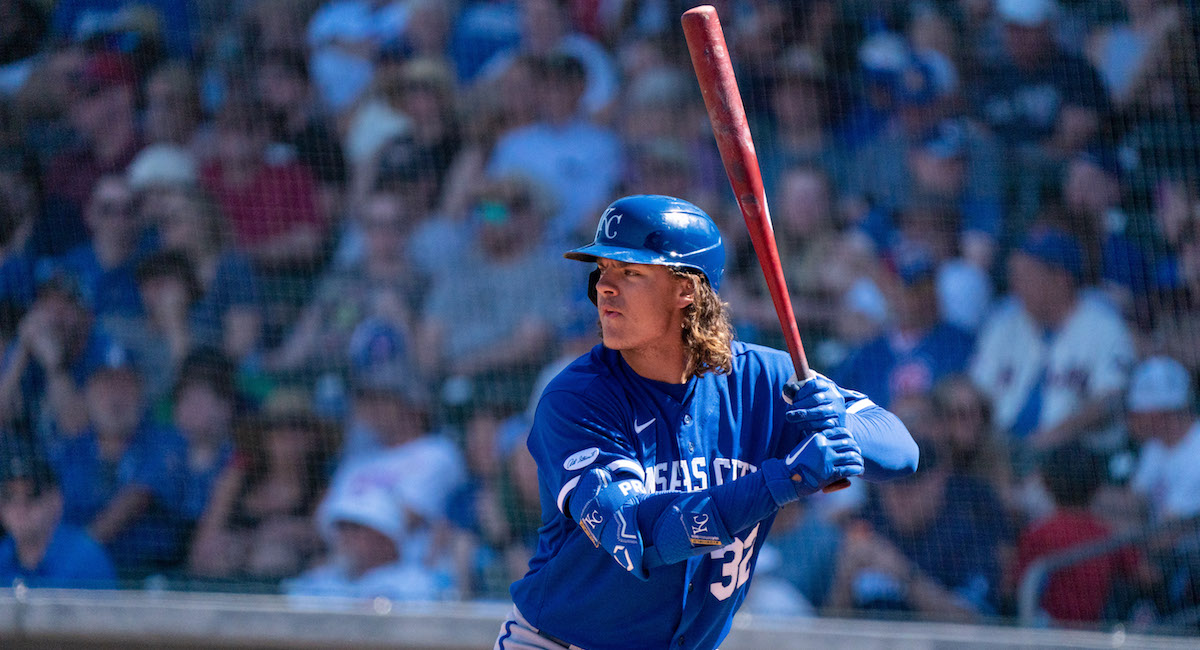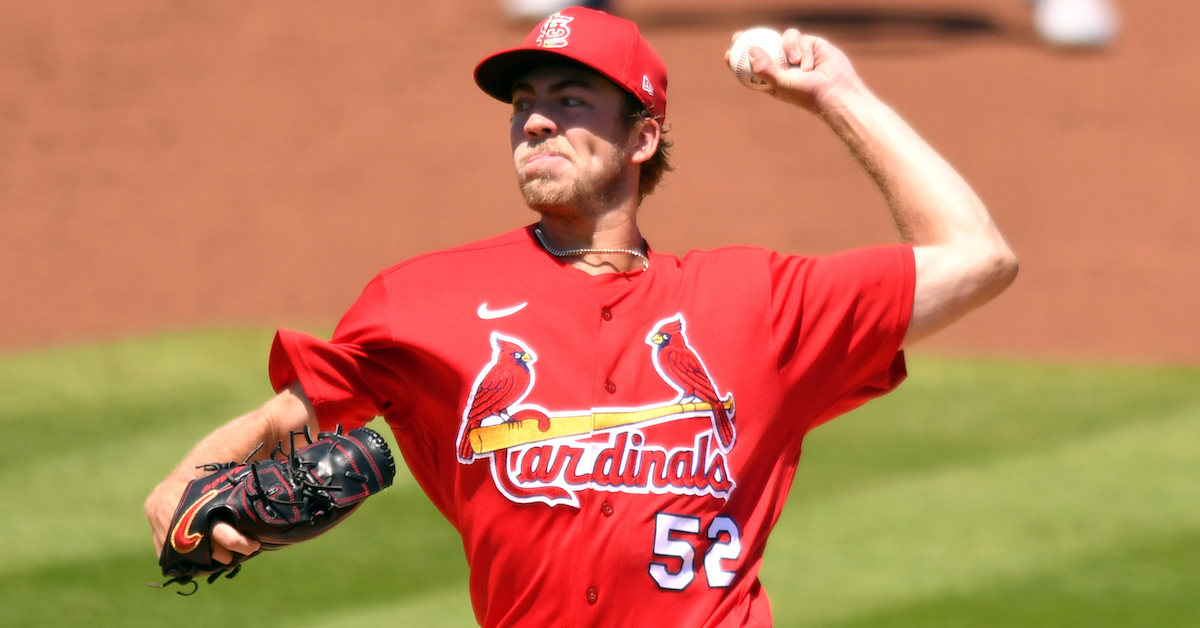Tuesday Prospect Notes: A Few Top 100 Tweaks

This season, Eric Longenhagen and Tess Taruskin will have periodic minor league roundup post that run during the week. You can read previous installments of our prospect notes here.
Before we get to this post’s analysis, some housekeeping. I’m continuing to trudge through the last few team lists, and hope readers will understand that part of why this has taken so long is because a) we lost multiple writers to teams during the process and b) it takes a lot for me to compromise my vision for the depth and quality of my work. I’m on pace to finish just before the draft while also updating and expanding the draft prospect list so that draftees can quickly be added to their club’s pro list right after they’re picked. I realize that continuing this way during future cycles would leave valuable and relevant info unpublished for too long, and that I need to make changes. For instance, I don’t have a Cardinals list out yet while guys like Andre Pallante, Brendan Donovan and Juan Yepez are all playing big league roles. I’ve had well-formed thoughts on that group of guys since they were part of last year’s Arizona Fall League, and need to find a way to shorten the lag between when I’m taking those notes and when they’re turned into actionable info on the site, especially when it comes to short-term big leaguers.
My approach for in-season updates (which have already underway — duh, you are reading this post) will again be to group teams based on the geographic location of their spring training facility (for example, teams with East Valley facilities in Arizona are already being updated) and drill down deepest on contending clubs (within that East Valley cluster, the Giants) as they’re more likely to part with prospects ahead of the trade deadline. There will still be à la carte updates where I see a player and add them, or where someone’s performance prompts me to source info from scouting and front office contacts and brings about a change in their evaluation or valuation. Read the rest of this entry »








